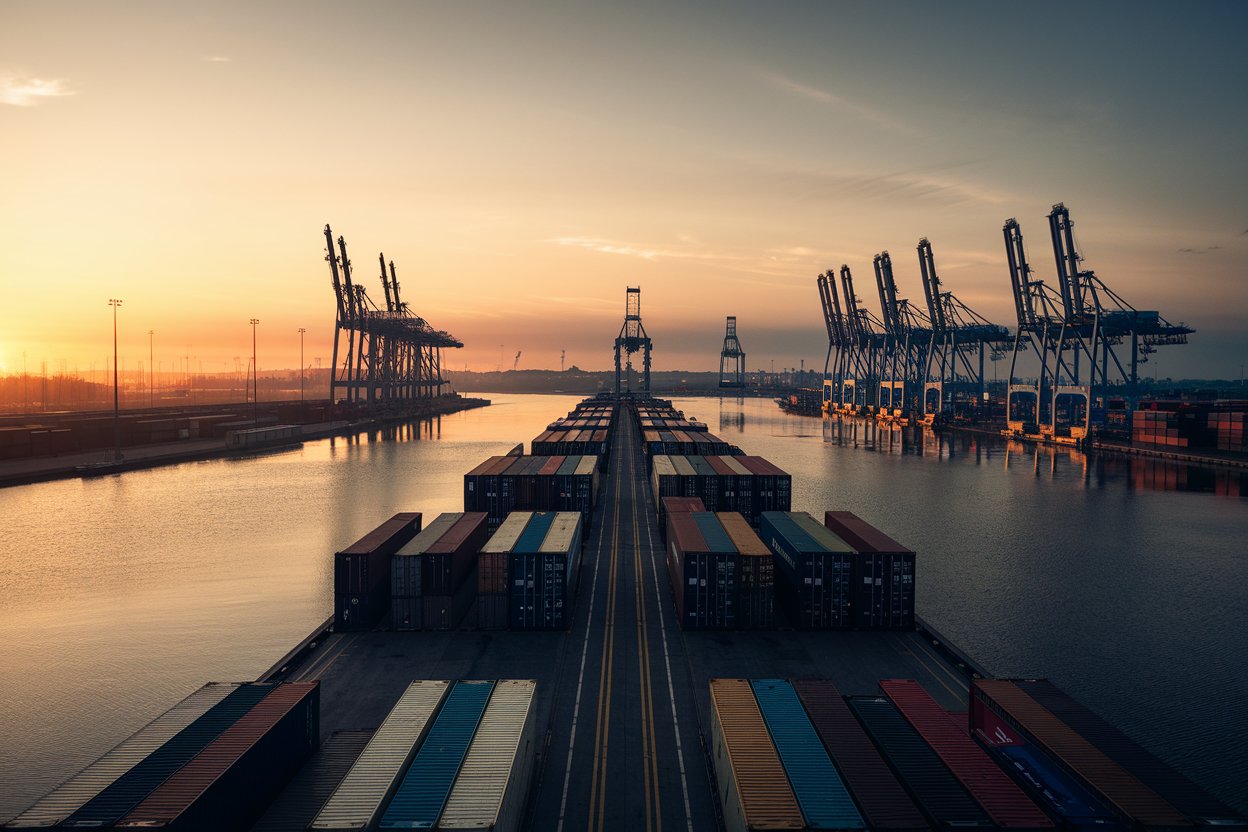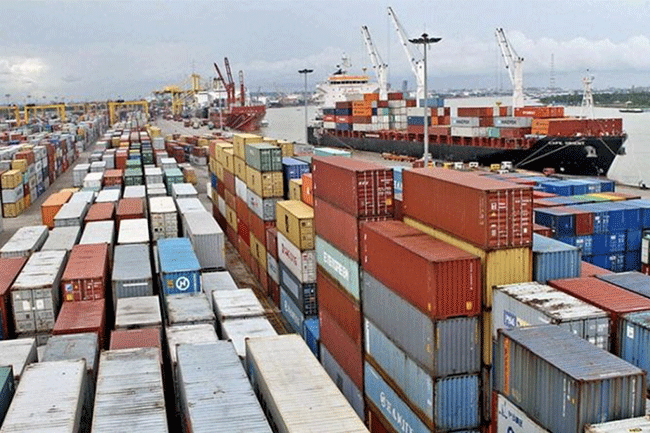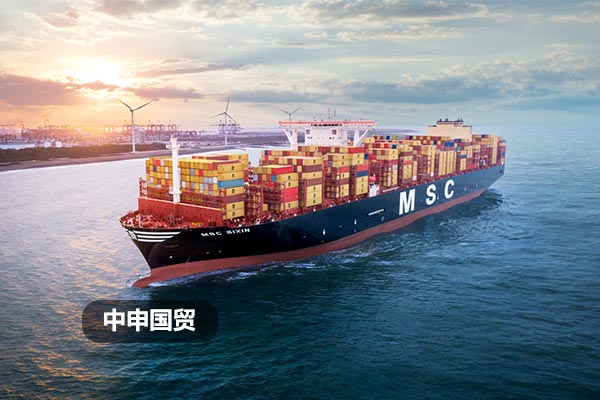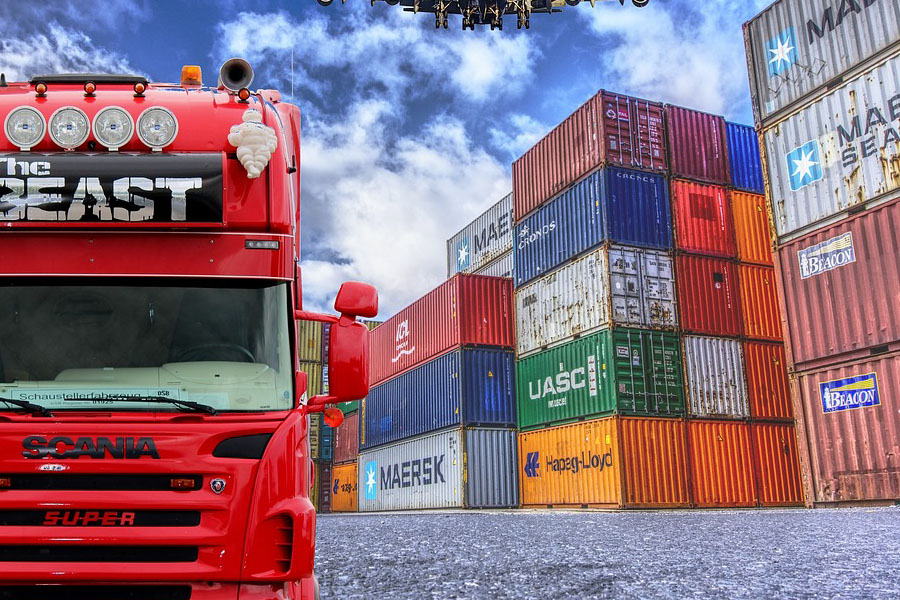- 20 Years of Expertise in Import & Export Solutions

Introduction
In the increasingly interconnected global trade landscape, importing welding equipment from Japan has become one of the choices for many businesses to expand their operations. However, the import process involves multiple steps, such as document processing, logistics arrangements, compliance with trade regulations, and?Foreign exchange settlement?etc. This article will provide a professional perspective to analyze the relevant matters concerning the import of welding equipment from Japan.
The Professional Approach to Document Processing
Importing welding equipment from Japan requires meticulous handling of documentation, which is a critical step. The first key document is the Commercial Invoice, which provides detailed information such as the description, quantity, and value of the goods, serving as a crucial basis for customs taxation. The invoice content must be accurate and consistent with the actual goods. For instance, the model, specifications, and technical parameters of the welding equipment must be clearly listed.
The Bill of Lading (B/L) is also an indispensable document. It serves as proof of cargo transportation, certifying that the goods have been received or loaded onto the vessel. When preparing the Bill of Lading, it is essential to ensure the accuracy of the consignee and shipper information, the consistency of the cargo description with the commercial invoice, and to pay attention to the type of Bill of Lading, such as a straight Bill of Lading or a through Bill of Lading, selecting the appropriate one based on the actual transportation conditions.
The packing list provides details about the packaging of the goods, including the packaging method, quantity, weight, and more. For precision instruments such as welding equipment, the packing list must meticulously document the packaging specifics to ensure safety during transportation.
Our company has extensive experience in document processing, with a professional team capable of handling various types of documents quickly and accurately, avoiding delays or penalties caused by documentation errors.
Considerations and Strategies for Logistics Arrangement
The logistics process is crucial for importing welding equipment from Japan. In terms of transportation methods,?Ocean shipping?It is a relatively common choice, suitable for large-scale cargo transportation with relatively low costs. However, if the goods are urgently needed,?Air freight?It can significantly reduce transportation time, but the cost is relatively high.
When selecting a freight forwarder, it is essential to evaluate their qualifications and reputation. A high-quality freight forwarder can provide one-stop logistics services, including booking cargo space, customs declaration, and clearance. For instance, we have established long-term partnerships with several well-known freight forwarders, enabling us to reasonably plan logistics routes based on customer needs and ensure timely and safe delivery of goods.
For the transportation of welding equipment, special attention must be paid to packaging protection. As it belongs to precision equipment, measures should be taken to prevent collisions and vibrations during transit. Typically, wooden crates are used for packaging, with cushioning materials such as foam or sponge filled inside the boxes.
Import Processes and Solutions for Different Markets
Southeast Asian market
To import welding equipment from Japan into the Southeast Asian market, it is essential to first understand the local trade regulations and policies. Different countries have varying import requirements; for example, Vietnam imposes strict quality standards and certification requirements for imported goods.
The import process generally includes: First, the importer signs a contract with the Japanese supplier, specifying the terms such as product specifications, quantity, price, and delivery period. Then, relevant documents are prepared based on the contract. Before the goods arrive at the destination port, an advance declaration must be submitted to the local customs. During customs clearance, documents such as the commercial invoice, bill of lading, packing list,?Certificate of Origin?Documents such as books.
For welding equipment, some Southeast Asian countries may require a product quality inspection report. Our company will assist customers in preparing the necessary documentation to ensure smooth customs clearance. Additionally, in terms of logistics and distribution, we work closely with local logistics partners to deliver goods to the customer's designated location in a timely manner.
I. Pre - export Preparation
The Russian market has its unique characteristics when it comes to importing welding equipment. In terms of foreign exchange settlement, our company holds a significant advantage with the convenience of VTB foreign exchange settlement. VTB (Russia's?Foreign trade?The bank is a key financial institution in Russia. Conducting foreign exchange settlements through VTB can enhance efficiency and reduce risks.
The foreign exchange settlement process generally works as follows: After the goods are exported, the Japanese supplier submits the relevant documents to their bank, which then forwards the documents to VTB. After verifying the documents, VTB transfers the payment to our company, and we subsequently settle the transaction with the domestic importer. This process ensures the security and swift flow of funds.
In addition, Russia has relatively stringent certification requirements for imported goods, such as GOST certification. Although our company does not directly handle certification services, we will assist clients in understanding the certification process and required documents, guiding them to successfully complete the certification.
Challenges and Opportunities in the Current International Trade Landscape
The current international trade situation is complex and volatile, posing numerous challenges to importing welding equipment from Japan. The rise of trade protectionism may lead some countries to impose tariff barriers or non-tariff barriers, increasing both the cost and difficulty of imports. For instance, certain nations might raise import tariffs on welding equipment or impose stringent technical standards and environmental requirements.
At the same time, exchange rate fluctuations also impact import operations. The instability of the yen exchange rate may lead to uncertainty in import costs. However, opportunities coexist. With the advancement of the "Belt and Road" initiative, trade cooperation with countries such as Russia and Southeast Asia has become closer, creating a broader market space for import businesses. Additionally, the development of global digital trade has provided possibilities for optimizing import processes, such as the application of electronic documents, which improves the efficiency of document processing.
Moderate mention of product certification services
For welding equipment imported from Japan, different markets have varying certification requirements. As mentioned earlier, Russia requires GOST certification, while the EU mandates CE certification, among others. Although our company does not provide certification services, we will assist clients in organizing the necessary materials and procedures for certification.
Taking CE certification as an example, customers need to prepare technical documentation for the product, including the product manual, circuit diagrams, structural drawings, etc., and submit them to the certification body for review. Only after passing the review can the product be affixed with the CE mark and sold in the EU market. We will guide customers in preparing these materials to ensure the certification process proceeds smoothly.
Conclusion
Importing welding equipment from Japan involves multiple steps, including document processing, logistics arrangements, import procedures for different markets, foreign exchange settlement, and certification, all of which require professional knowledge and extensive experience. With our expertise in document processing and logistics services, as well as our unique advantages in various markets, our company is capable of providing clients with comprehensive and efficient...?Import Agency?Service, assisting clients in moving forward smoothly in international trade.
Recommended for You
- 威化餅干進口代理:從零到一的全流程指南
- A Guide to Avoiding Pitfalls in Red Wine Import Agency: How to Save a Lot by Choosing Wisely!
- How Much Can You Earn per Container of Imported French Red Wine? How Professional Agency Services Can Increase Net Profit Margins
- How to Choose the Most Suitable Red Wine Import Customs Broker for You in 2025?
- How a Professional Agent Mitigates the Five Major Risks in Equipment Import & Export
Category Case
Contact Us
Email: service@sh-zhongshen.com
Recommended for You
Contact via WeChat

? 2025. All Rights Reserved.








